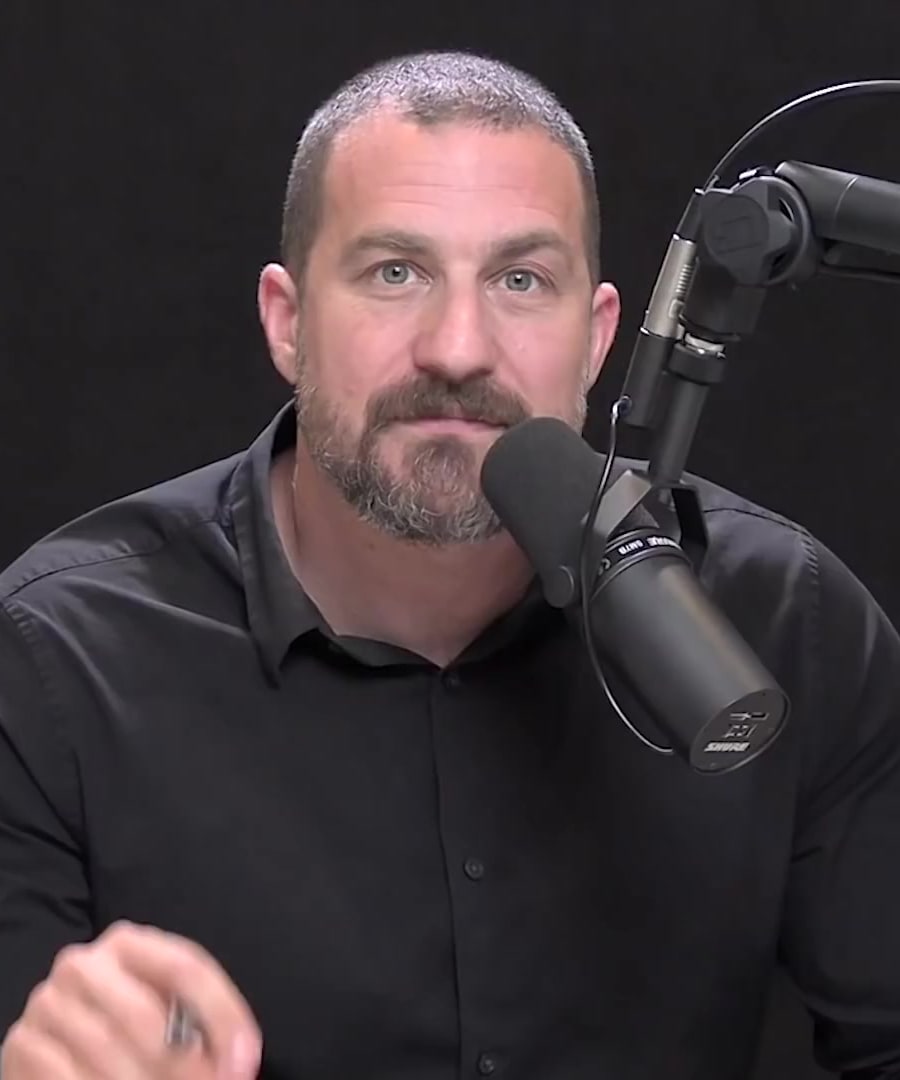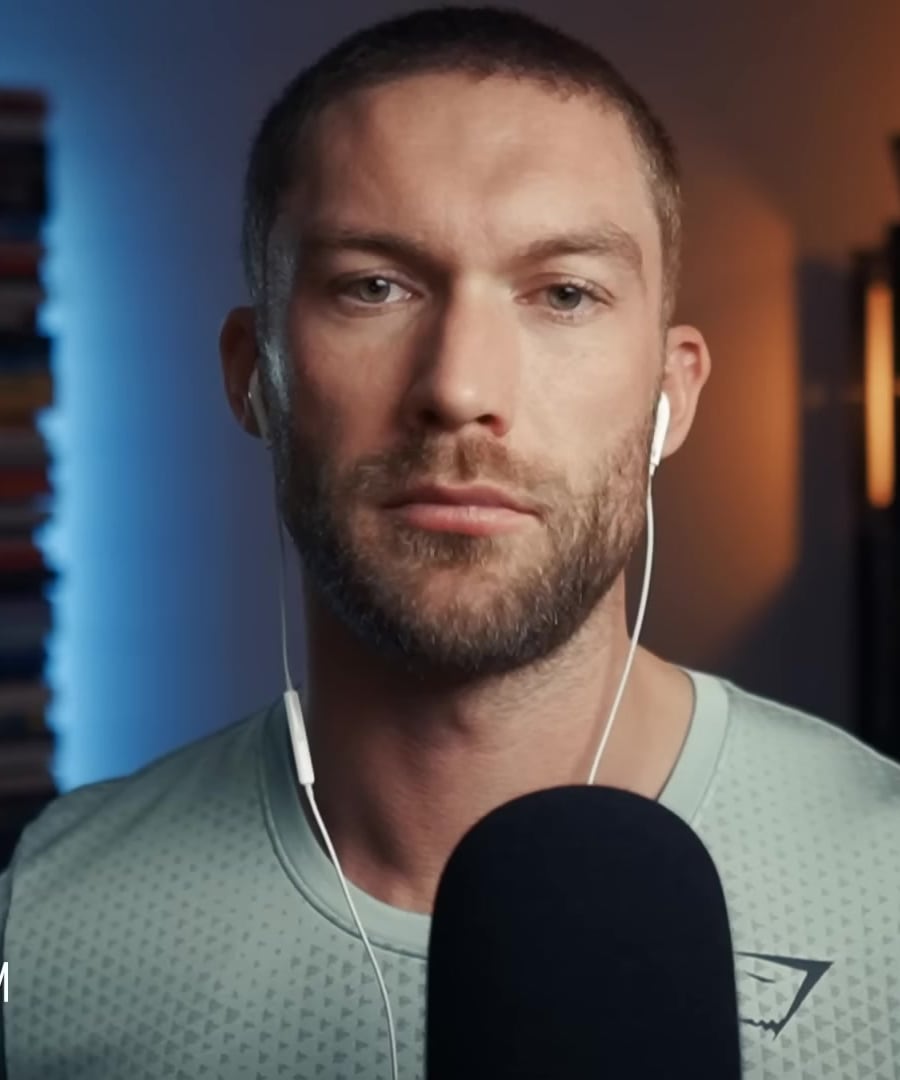What is the science based protocol to improve eye sight and reverse eye sight loss?
Sources:
To improve eyesight and potentially reverse eyesight loss, experts suggest several science-based protocols that focus on both behavioral practices and environmental adjustments:
-
Near-Far Viewing Exercises: As recommended by , this involves focusing on an object close to you and then shifting focus to a distant object. Doing this for about five minutes, three times a week, can help exercise the accommodation reflex and potentially offset myopia (nearsightedness) 1.
-
Spending Time Outdoors: Exposure to natural sunlight for about two hours a day can help combat myopia. This effect is attributed to the benefits of natural light, including blue light from the sun 1.
-
Red Light Therapy: Dr. suggests using red-tinted glasses for five minutes each morning, within three hours of waking up. This practice has shown promise in improving eyesight over time, including in cases of macular degeneration and glaucoma 2.
-
Vision Therapy Exercises: For both nearsighted and farsighted individuals, specific exercises tailored to their condition can help improve vision. For nearsighted people, relaxing and peripheral-oriented exercises are beneficial, while farsighted people may benefit from exercises that focus on enhancing focusing flexibility 3.
-
Healthy Cardiovascular Practices: Maintaining a healthy cardiovascular system through regular endurance and strength training is crucial. It supports vision health by ensuring adequate blood flow and oxygen delivery to the eyes, which are among the most metabolically active cells in the body 4.
-
Frequent Breaks from Screens (20-20-20 Rule): To reduce eye strain from prolonged screen use, looking at something 20 feet away every 20 minutes for 20 seconds can help rest your eyes and reduce stress 5.
These methods are low-cost or free and can be easily incorporated into daily life to promote better vision and potentially slow down eyesight deterioration. Always consider consulting with a healthcare provider or vision specialist for personalized advice.
RELATED QUESTIONS-


